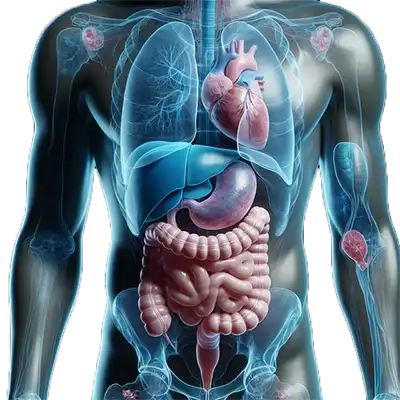Helpline: 1 888-488-8434
Home » Drug Information » Alcohol Information
Alcohol is a mind-altering drug. It is considered a “depressant.” Depressants are substances that depress the central nervous system. It slows down the thinking process, breathing, and heart rate. And, as we know, it affects behaviour. One can become unrecognizable after a few drinks. And it can alter the personality of the individual in the long run.
Depressants also include drugs such as opioids like heroin, morphine, Percocet and OxyContin, to name a few.
Alcohol is the most popular and most accepted mind-altering substance in the world. It is currently the most widely used psychoactive agent around the world today, ahead of nicotine and caffeine. It is often glorified in movies and television.
Arguably, alcohol has been around in various cultures as far back as 8000 BC and maybe earlier.
Alcohol is absorbed through small blood vessels in the walls of the stomach (about 20%) and small intestine (80%) and carried in the bloodstream through the body.
From there, the liver metabolizes alcohol and eliminates its toxicity. However, it can only process a certain amount; the rest of the alcohol will remain in the bloodstream and affect the body.
The liver eliminates one standard drink (13.6 grams of alcohol) from the body in about 1.5 hours.

The effect felt from alcohol is determined by the following factors:
Alcohol poisoning may occur when the blood alcohol content (BAC) exceeds a certain level.
Binge drinking is the consumption of large amounts of alcohol in a short time. According to the Canadian Medical Association, binge drinking is considered to be five or more drinks for men and four or more drinks for women in one sitting.
A person who has been drinking for a long period drinks frequently or drinks heavily when drinking (binge drinking) may experience some form of withdrawal when they stop drinking.
They may feel or experience:
Alcohol withdrawal symptoms can begin as early as two hours after the last drink and persist for weeks.
Alcohol withdrawal can be potentially life-threatening when severe complications, such as seizures and delirium tremens (DTs), set in.
More about alcohol withdrawal and delirium tremens here.
When you call from Grande Prairie, our referral counsellors will ask you questions to assess the existing situation. Knowing what drug(s), how long the abuse and other pertinent questions will help them determine the best treatment program.
In our viewpoint, every case needs to be addressed individually for a successful recovery. There are private treatment programs in Alberta and other treatment centers in Canada that might be more affordable. We are confident we can help you in Grande Prairie to get your loved one on the road to recovery.
As reported by the Centre for Addiction and Mental Health most Canadian adults drink alcohol responsibly. But drinking alcohol in any amount has its own risks as it is a mind-altering drug.
Statistics in 2005;

Alcohol poisoning occurs when the bloodstream contains too much alcohol, affecting essential body functions like breathing, heart rate, temperature control, and gag reflex. In the presence of too much alcohol, these body functions become less responsive and can shut down.
If you need help finding a private drug rehab center or medical detox, call us today and speak with our counsellor. They have years of experience in the field and can help you.